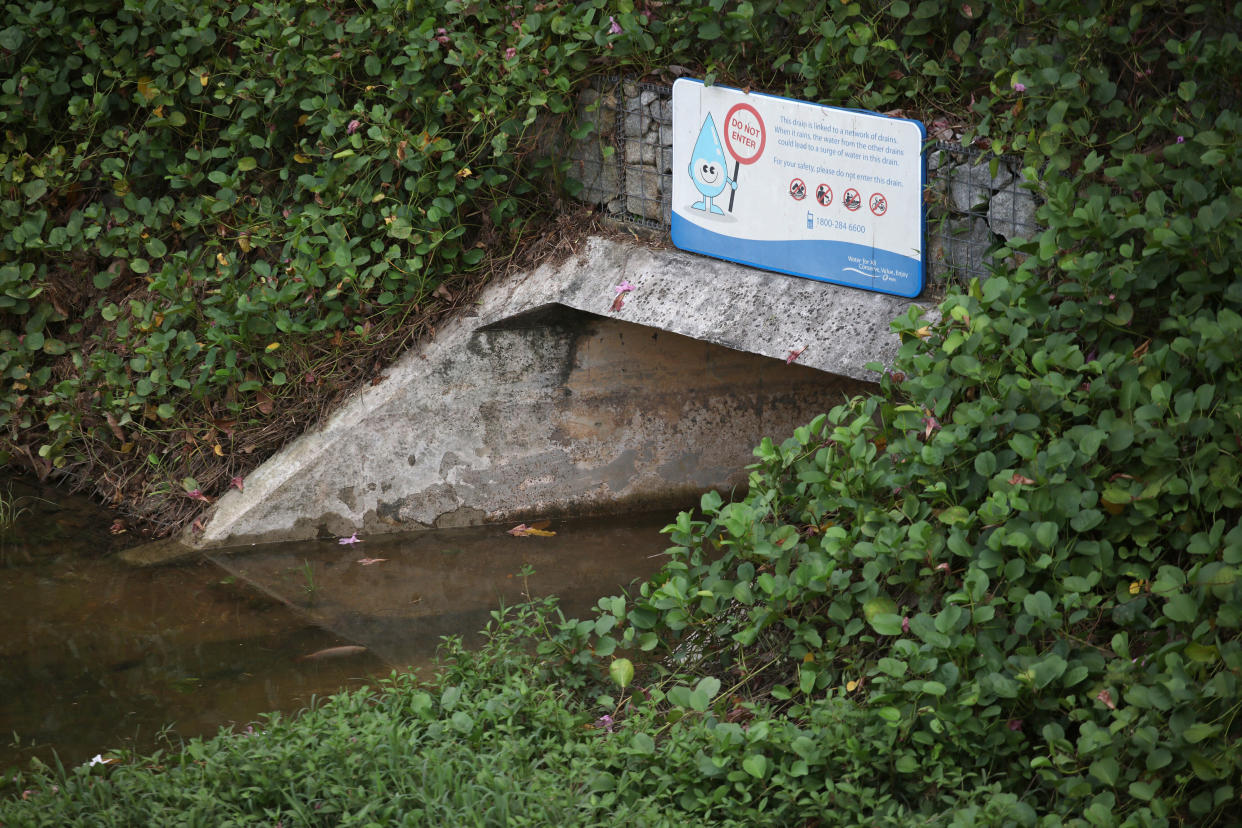BreadTalk among 38 companies penalised for illegal discharge into public sewers

SINGAPORE — Thirty-eight companies were penalised between June 2018 and May this year for illegally discharging business-related waste into public sewers, said the national water agency PUB on Monday (10 June).
These companies, involved in industries ranging from electronic products manufacturing to licensed toxic waste collection as well as printing and packaging, were fined a total of $253,700 for their offences, said PUB in a news release. Eighteen of the companies penalised were repeat offenders, including bakery and food manufacturer BreadTalk.
PUB said the offences were discovered during site inspections and through its surveillance of the public sewerage system. The materials illegally discharged ranged from regulated metals or chemical substances exceeding allowable limits to dangerous or hazardous substances as well as volatile organic compounds (VOCs).
“These types of acts can cause fires in the sewers and may threaten PUB’s treatment of used water,” said the agency.
Repeat offenders
In the case of BreadTalk, the company was fined $16,300 for discharging regulated chemicals exceeding allowable limits into the public sewer on 2 June 2016 and 20 April 2017. The company had also previously been convicted on six similar charges, for which it was fined $19,000, said PUB.
Another recalcitrant offender was Tat Seng Packaging Group, which was found to have discharged trade effluent containing a regulated chemical and metal exceeding allowable limits on three occasions in June 2016, December 2017 and March 2018. The company was fined a total of $14,100.
Prior to this, the company had been fined $12,000 on three similar charges.
Pipe and tube manufacturer Singapore Kobe was fined $4,000 for discharging trade effluent containing about twice the allowable amount of cyanide. The company was previously fined $1,500 on a similar charge.
Among the other businesses that were fined included toxic waste collector NSL Oilchem Logistics ($12,200), electro-plating company Metal Treatment Technology ($11,300) and machinery company KMS Industrial ($10,500).
NSL Oilchem Logistics had discharged a “grossly” excessive amount of zinc, which exceeded the allowable limit by about 68 times, according to PUB. In the case of KMS Industrial, there were high concentrations of prohibited VOCs such as toulene, ethylbenzene and xylene found in the discharge.
“At these levels, the VOCs can cause fires and impact downstream operations at Kranji Water Reclamation Plant,” said PUB.
Ensuring compliance with regulations
Beyond imposing harsher penalties, the agency said it also places recalcitrant and high-risk companies on its surveillance list and subjects them to more frequent inspections.
In severe cases, such as those involving dangerous of hazardous substances, PUB said it “will not hesitate to issue an immediate stop-order notice to prevent the company from further discharging trade effluent into the public sewers”.
Companies convicted of illegally discharging trade effluent containing dangerous or hazardous substances into the public sewer face fines of up to $50,000 for first-time offenders and maximum fines of up to $100,000 for repeat offenders.
More Singapore stories:
2 fire station commanders claim trial over fatal SCDF ragging incident
NUS accepts recommendations on handling of sexual misconduct cases



